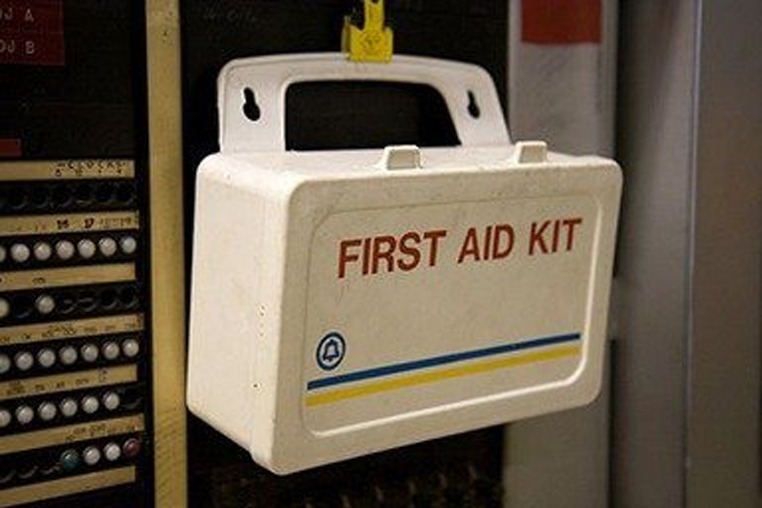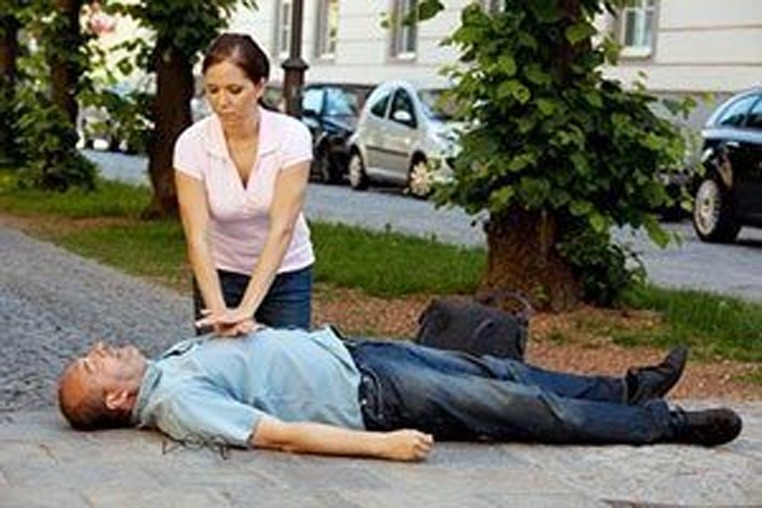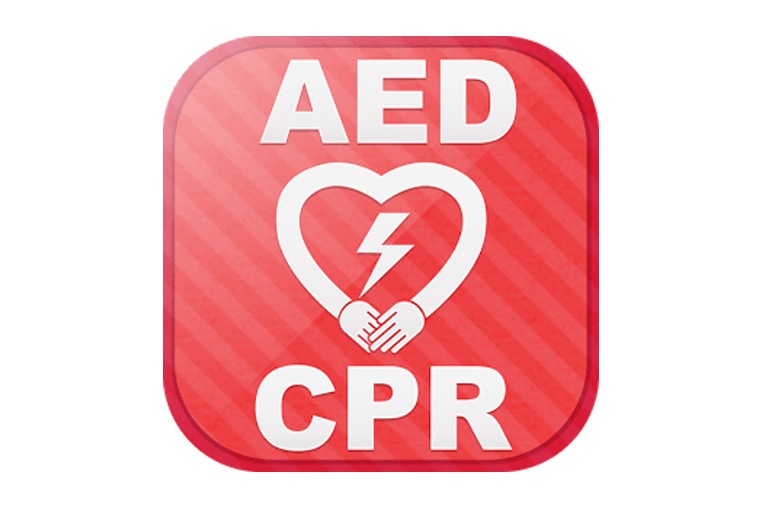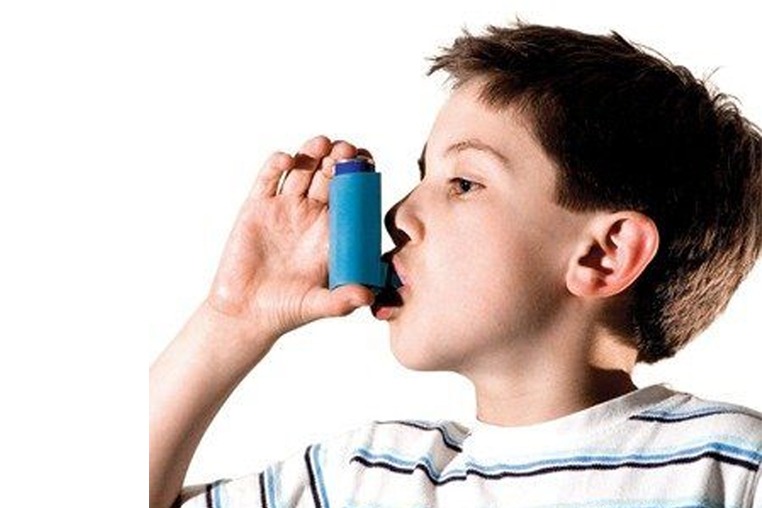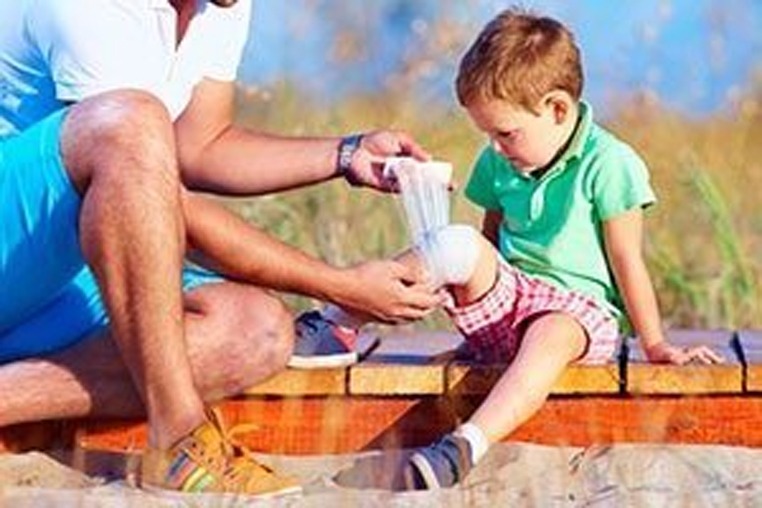Canberra First Aid Course. Great Location. Excellent Provider. Nationally Recognised Training. Fun and Active Training Session.
On May 11, Shannon Willner and her sisters took their mother shopping in Leduc for her Mother’s Day present when their family outing turned into a nightmare.
“My mom became short of breath. When her lips turned blue, my one sister called 911.”
While one sister was on the phone with 911 dispatch, Willner noticed her mother started to convulse.
READ MORE: Alberta mother raises defibrillator awareness in son’s memory
“I moved her out of the Walmart so the ambulance could find us quicker and dispatch at that time had asked us to find a defibrillator.”
Willner said she ran to the customer service desk and asked if they had one.
“They looked at me, confused.”
Willner said staff paged management.
READ MORE: Walmart Canada mulls adding defibrillators to stores
“I waited for three minutes. Management never came. At that time, my third sister came in and said the ambulance was there.
“During the three minutes I was there, my mom went into cardiac arrest and the ambulance wasn’t able to bring her back.”
Willner said the family is not looking for anything from the company; they want to prevent something like this from happening again.
“I just really don’t want another family to go through what we did.”
READ MORE: Make defibrillators mandatory in B.C., says Heart and Stroke Foundation
Willner wishes the employees knew whether the store had an automated defibrillator (AED) or not. If she was told immediately there wasn’t one on site, Willner said she would have tried another store nearby.
In Alberta, there are no rules requiring AEDs in businesses or public places.
Alberta Occupational Health and Safety does not have any requirements about the placement of AEDs in businesses. If employers chose to add one, they must “ensure the use of AEDs is integrated into the emergency response plan and first aid program,” a government spokesperson said.
Watch below: A Fairview mother is on a mission to educate young people about using AEDs, in the wake of her 16-year-old son’s death. Su-Ling Goh shares her story.
“I’d like visible AEDs in the stores,” Willner said. “I’d like trained staff to know where they are — all the staff, not just management. I would like more first aid,” she said.
“It’s been hard on our family. It happened too quick. Maybe it could have helped.”
In an email to Global News, Walmart Canada said: “We are very sorry to hear about the experience our customer had at our store. Walmart ensures that we meet the requirements across Canada to have trained CPR / First aid responders in our stores.”
READ MORE: Flight crew hailed as life savers after using AED on man at Edmonton airport
Alberta Health Services would like to see more public spaces offer AEDs. When an out-of-hospital cardiac arrest happens, survival rates are as low as 10 per cent.
“Automated external defibrillator use is one of the critical links in the chain of survival,” said Alex Campbell, an EMS public information officer for AHS.
“To have someone survive an out-of-hospital cardiac arrest, the most important parts are… someone recognizing that there’s a cardiac arrest and starting CPR immediately, calling 911, and then using an automated defibrillator if one is available.”
AHS has 3,000 registered AED locations.
“We encourage as many people as possible to get training in both CPR and AED use,” he added.
“If you’re a business or organization that has an automated defibrillator, we encourage you to register it at heart-safe.ca as well as make sure you have an emergency plan in place that includes retrieving the automated defibrillator when it’s required.”
READ MORE: Edmonton company helps St. John Ambulance launch online First Aid training courses
Campbell explained there’s no law that dictates where AEDs need to be publicly accessible other than in certain types of work sites, depending on the proximity to medical care and the number of workers.
“Using an automated defibrillator is actually quite easy,” he said. “When you open them up, they give you auditory prompts on what steps to go through… You open it up, you remove the pads from the package, place them on the person’s chest and it will actually walk you through it.”
In light of her mother’s death, Willner hopes AEDs become much more common.
“She was a very wonderful lady. She would give you a hard time but yet she would defend you if you needed it.”
READ MORE: ‘That is what saved my life’: Why more businesses in New Brunswick are installing defibrillators
Leanda Joan Frederickson was fighting cancer but didn’t have any heart issues, her daughter told Global News. She did have high blood pressure.
“She loved her family. She supported her family. She’s the one who made the family meals. She had 11 siblings. She made sure we all got together.”
Someday, Willner might go back to the store to see if there is an AED. The company has not said if the Leduc location has one.
“I can’t go back to that store to check,” she said Friday. “I would like to but right now I’m not ready.”
© 2018 Global News, a division of Corus Entertainment Inc.
Book in to a Canberra First Aid Course today at www.canberrafirstaid.com

